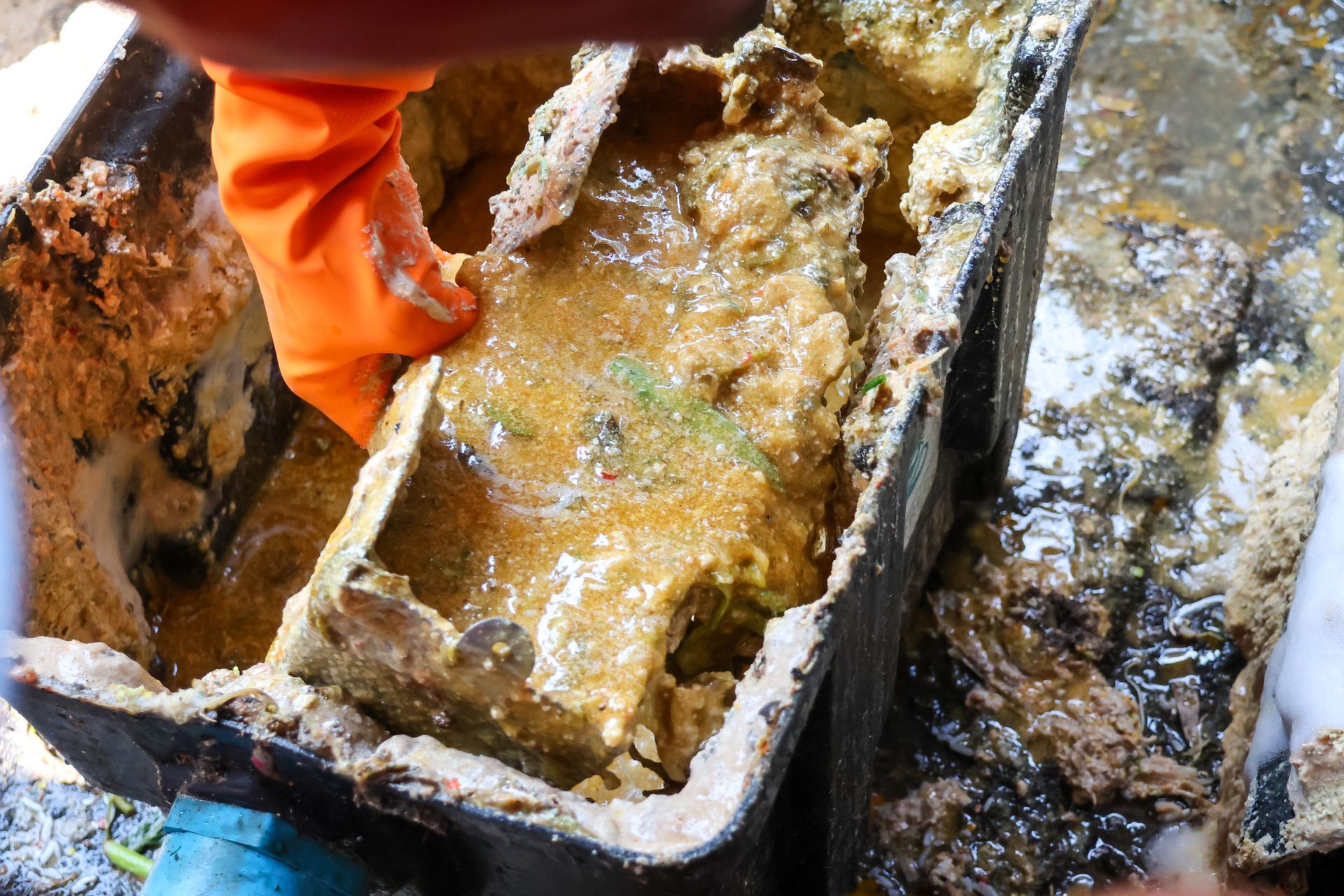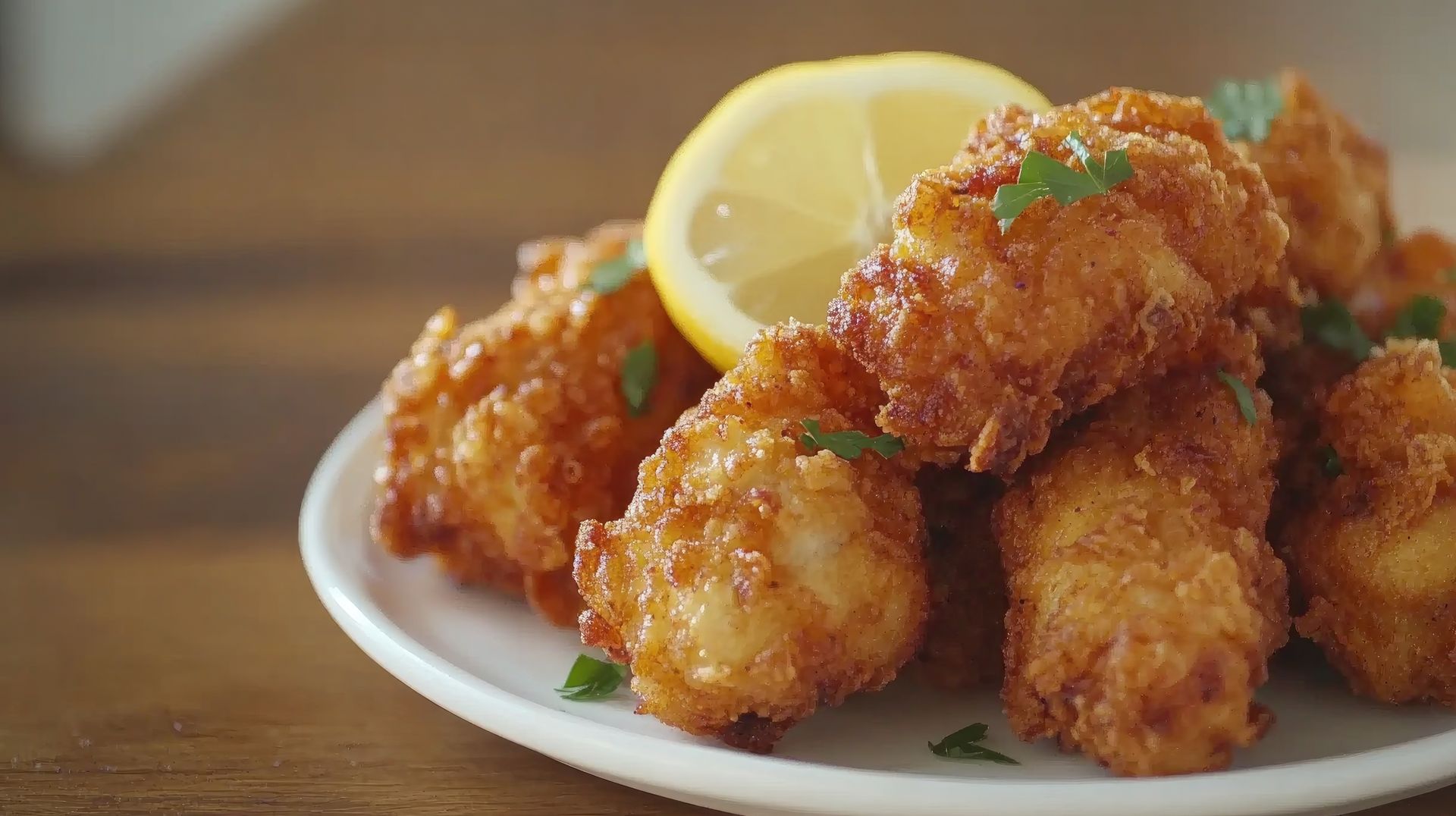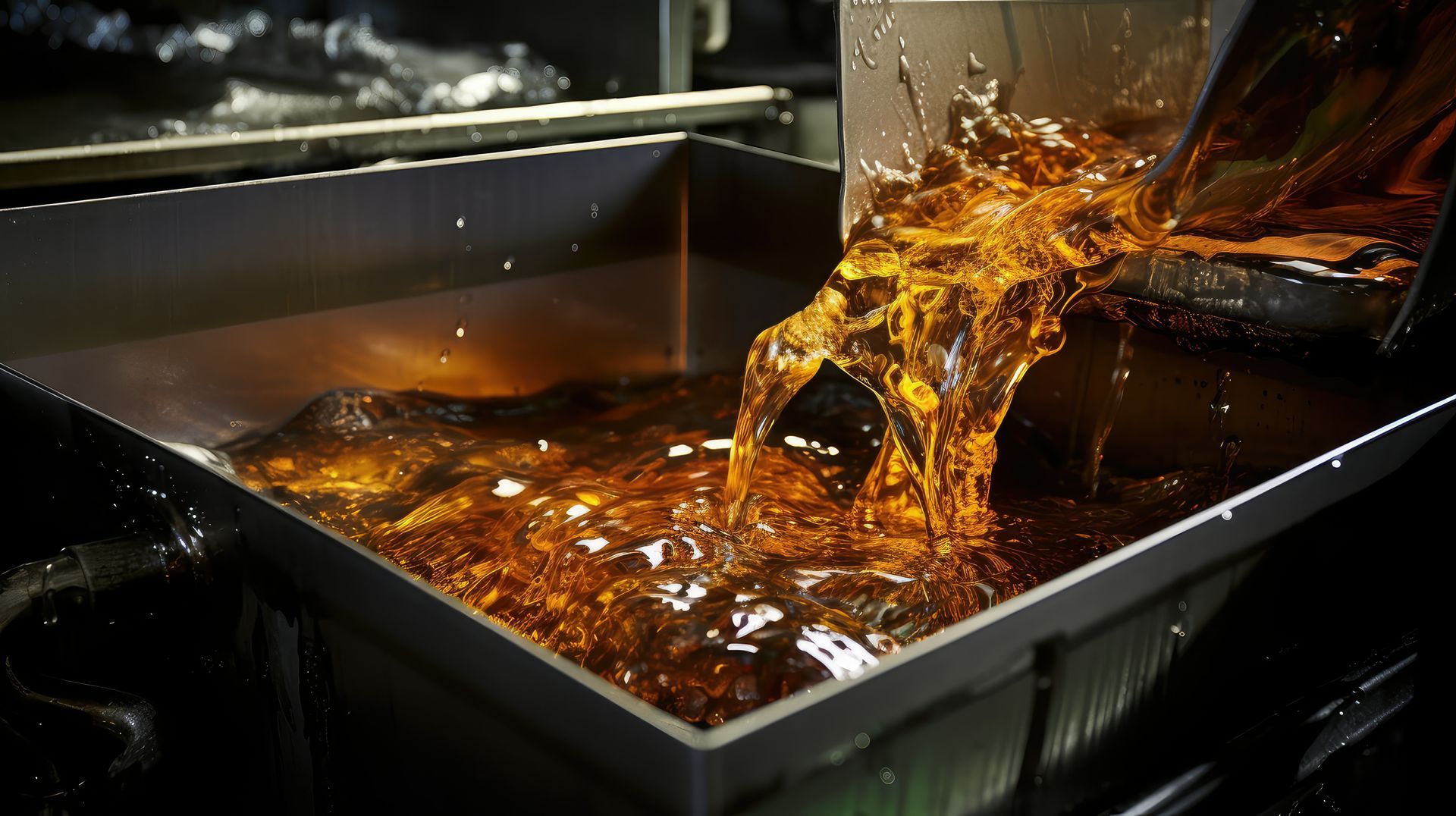Why DIY Grease Trap Cleaning Is a Bad Idea

For restaurants and commercial kitchens, grease traps are essential for preventing fats, oils, and grease (FOG) from clogging sewer lines. Regular cleaning keeps grease traps flowing properly, but some businesses attempt to cut costs by handling this maintenance in-house instead of hiring professionals.
At first, DIY grease trap cleaning might seem simple—just scoop out the grease, dispose of it, and move on. But without the right tools, knowledge and disposal methods, businesses risk creating plumbing issues, violating environmental regulations and even facing costly fines. Here’s why professional service is always the better option.
DIY Cleaning Often Leaves Behind Buildup
A grease trap isn’t just a container that collects grease—it’s a system designed to separate solids, grease, and wastewater. Solid waste settles at the bottom over time, while grease floats to the top. Many restaurant employees attempting DIY cleaning only skim off the top layer of grease, assuming that’s enough.
The problem? Sludge at the bottom and grease coating the trap’s walls continue accumulating. This leftover buildup reduces the trap’s efficiency and allows more FOG to escape into sewer lines, increasing the risk of sewer line clogs and backups.
The Problems with Improper FOG Disposal
For businesses that attempt DIY grease trap cleaning, the most common disposal method is tossing the skimmed or scooped-out grease and food waste into the trash. While this might seem harmless, it creates sanitation issues as the waste decomposes, producing strong odors that attract pests and nauseate customers and employees.
Dumpsters and trash bins aren’t designed to contain semi-liquid waste. Leaks can create slippery, unsanitary conditions around disposal areas.
DIY Cleaning Can Damage the Grease Trap
Grease traps require careful handling, and using the wrong tools or cleaning methods can lead to damage. Many DIY attempts involve scraping or chipping away hardened grease, which can weaken the trap’s internal structure.
Additionally, some business owners attempt to use high-pressure water jets or chemical cleaners, both of which may cause:
- Corrosion or cracks in the trap’s lining, reducing its ability to function.
- Hardened grease to break apart unevenly, leading to premature clogs.
- Chemical runoff contamination, which can violate state regulations and municipal ordinances.
Grease traps are designed to last for years, but improper cleaning can shorten their lifespan, leading to more frequent replacements and unexpected costs.
Health and Safety Hazards of DIY Grease Trap Cleaning
Grease traps collect more than just grease—they also trap food waste, bacteria, and other organic material. When these substances sit in the trap for too long, they begin to break down, producing harmful gases like hydrogen sulfide, which smells like rotten eggs and can be hazardous in high concentrations.
In addition to exposure to foul odors and toxic gases, employees handling grease trap cleaning without proper protective equipment risk:
- Skin and eye irritation from direct contact with rancid grease and sludge.
- Slips and falls due to FOG spills in kitchen areas or around dumpsters.
- Cross-contamination if grease trap waste comes into contact with food prep surfaces.
Professional grease trap technicians are trained to handle these risks safely while ensuring compliance with Department of Watershed Management requirements.
The Cost of DIY vs. Professional Cleaning
Many businesses attempt DIY grease trap cleaning to save money, but it often leads to more expenses in the long run. Emergency plumbing repairs, fines for improper or infrequent cleaning and equipment damage can easily surpass the cost of routine professional maintenance. By working with a professional grease trap cleaning company like Southern Green Industries, businesses can:
- Ensure compliance with grease trap cleaning requirements, avoiding fines and potential closure.
- Extend the lifespan of their grease traps.
- Avoid sewer emergencies and unexpected costs.
Get Dependable Grease Trap Cleaning Services in Atlanta
DIY grease trap cleaning might seem like a way to cut costs, but it’s a gamble that can lead to sewage backups, legal trouble, injuries and health hazards. Professional grease trap services ensure thorough cleaning, proper waste disposal while ensuring compliance with local and state regulations—saving businesses time, money and headaches.
If your restaurant or commercial kitchen needs expert grease trap maintenance, call Southern Green Industries at (404) 419-6887.
Contact us Today for a FREE Quote
We are committed to making grease trap cleaning and fryer oil recycling as clean and easy as possible. If you’d like to learn more about our services or get a quote, give us a call at (404) 419-6887.



